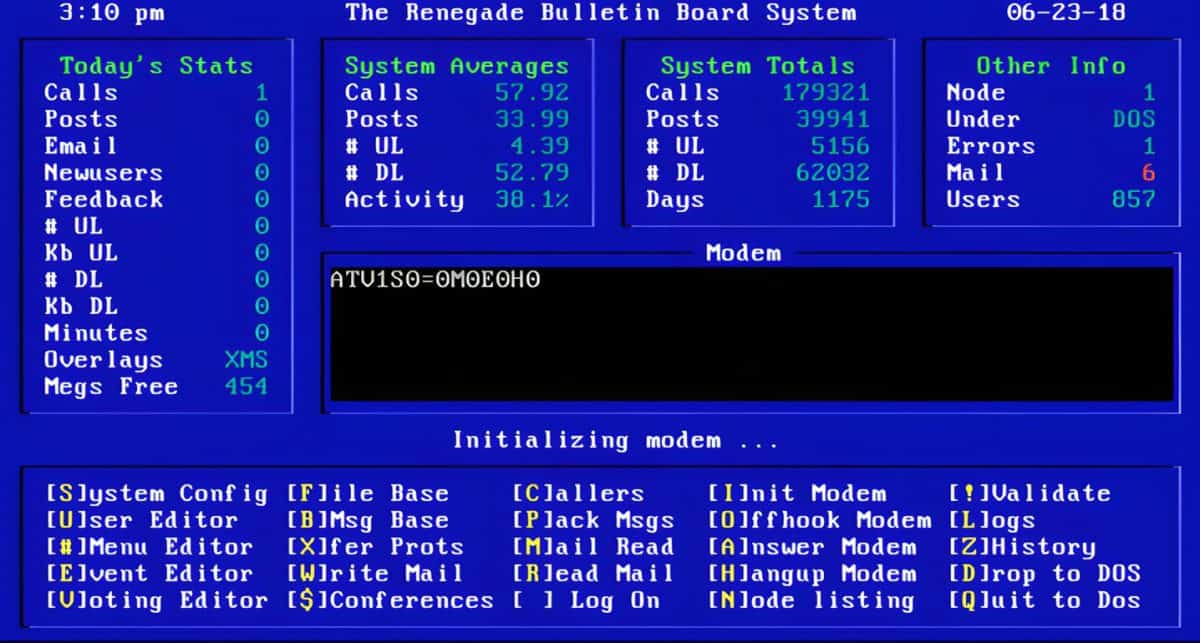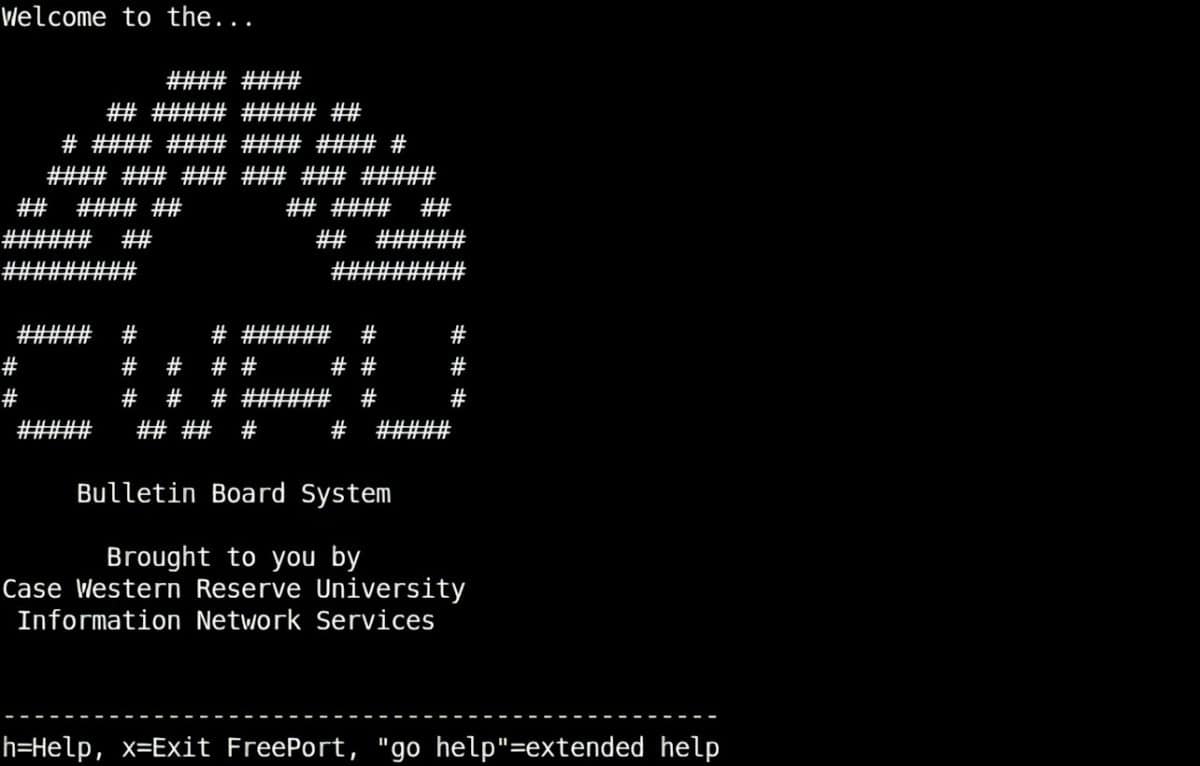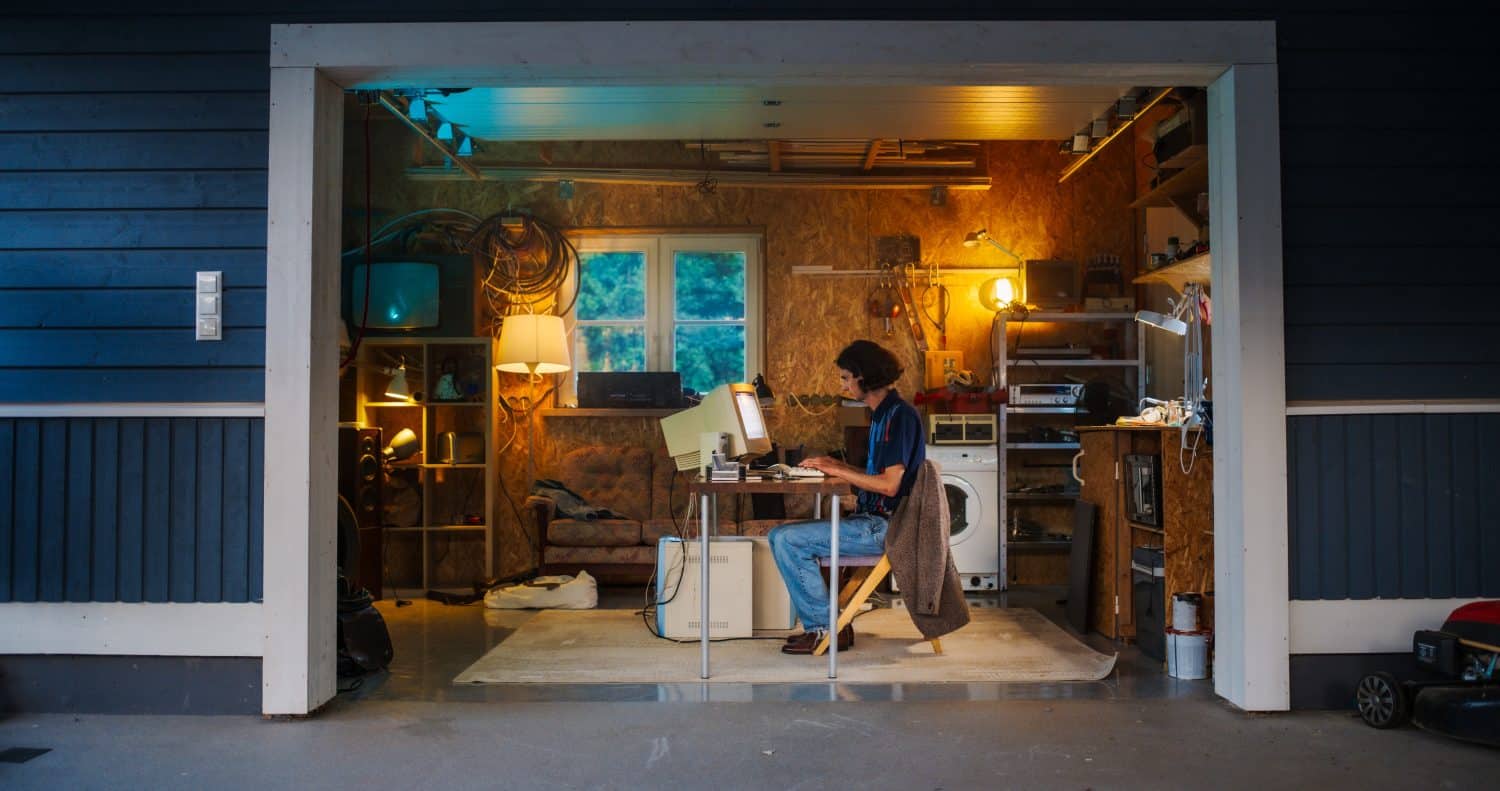When you think about how to communicate on today’s internet, places like Reddit and online forums are key. Unlike social media, which is more free-for-all, online forums allow a closed-loop conversation with like-minded individuals on a particular topic.
Interestingly, while this conversation system remains popular, it’s not new, and Reddit certainly wasn’t an inventor. Instead, we have to think back to the days of the Bulletin Board System from the early 1980s and even earlier.
Bulletin Board History
Chicago Area Computer Hobbyists’ Exchange (CACHE)
The origins of the Bulletin Board can be traced back to a snowy winter in Chicago in 1978. Ward Christensen and Randy Suess, two members of a local computer hobby club, assembled the first known small-scale bulletin board system.
Their system was the first public dial-up and went online on February 16, 1978, which enabled Ward and Randy to publish articles club members might be interested in reading. It connected 253,301 “callers” to its bulletin board system before it was retired.
1983 Changes Everything
Fast-forward to 1983, and everything changed in the world of bulletin boards. The Minitel system went online in France as a state-sponsored system, making online news, shopping, and chat available to every citizen of Paris. On the other hand, CompuServe went online and reported more than 50,000 paying subscribers.
Bulletin Board Explosion

As the 1980s computer era exploded, Bulletin Board Systems became popular as personal computers became more common in homes. Whether through word of mouth, hobbyist networks, or computer clubs, these systems were popping up all over.
How-To Books
Another celebratory moment occurred in 1983 when TAB Books published “How to Create Your Own Computer Bulletin Board.” The Larry Myers book explained the source code in simple terms and listed the phone numbers for more than 275 public bulletin board systems across 43 states.
Long Distance Costs
Still, many of these systems were mostly local. It’s important to remember that these systems grew at a time when unlimited local phone calls were paid for with a flat monthly fee. However, the phone networks billed long-distance calls to another state based on time and distance. In other words, it’s arguable that bulletin boards exploded in popularity because you were talking to people locally rather than around the world.
FidoNet
The height of the BBS era was no doubt the rise of FidoNet. While multiple networks were popular during the 1980s BBS era, none were as well-known as FidoNet. Run by Tom Jennings, FidoNet grew into a large network that reached not just Americans but also those in South Africa and New Zealand.
As computer hobbyists ran FidoNet, it kept costs down, which led developers to want to work on its system. Echomail is one such example. Like CompuServe forums, it allows someone to post a comment on a topic and enables others to reply, allowing thousands of users to discuss things together.
Hundreds more systems like FidoNet would appear in the late 1980s and early 1990s as modems became standardized in personal computers. Still, many such systems would vet new users, especially with small-scale BBS systems, for specific topics like television shows or movies.
Declining Popularity

There is no question that Bulletin Board Systems served as a foundation for the internet we know today. More specifically, the many different forums and websites like Reddit are so popular for discussing thousands, if not tens of thousands, of topics.
Swift Demise
Unfortunately, as quickly as BBSes rose in popularity, so did their swift demise. As the Internet became commercialized in the mid-to-late 1990s and the World Wide Web grew massively, many Bulletin Board Systems pivoted from their original intention to become Internet Service Providers.
Internet On-Ramp
It’s believed that 95% of all ISPs created in two years during the late 1990s were based on former Bulletin Board Systems. Instead of using telephone lines to connect, these phone lines were now the on-ramp to the global internet.
However, the basis for Bulletin Board Systems remains true as AOL chat rooms took their place and eventually gave way to the invention of Twitter and Facebook. Were it not for these early systems, which created an interest in talking with others on so many different topics, there is a good chance the internet today would look very different.
The image featured at the top of this post is ©Gorodenkoff/Shutterstock.com.

